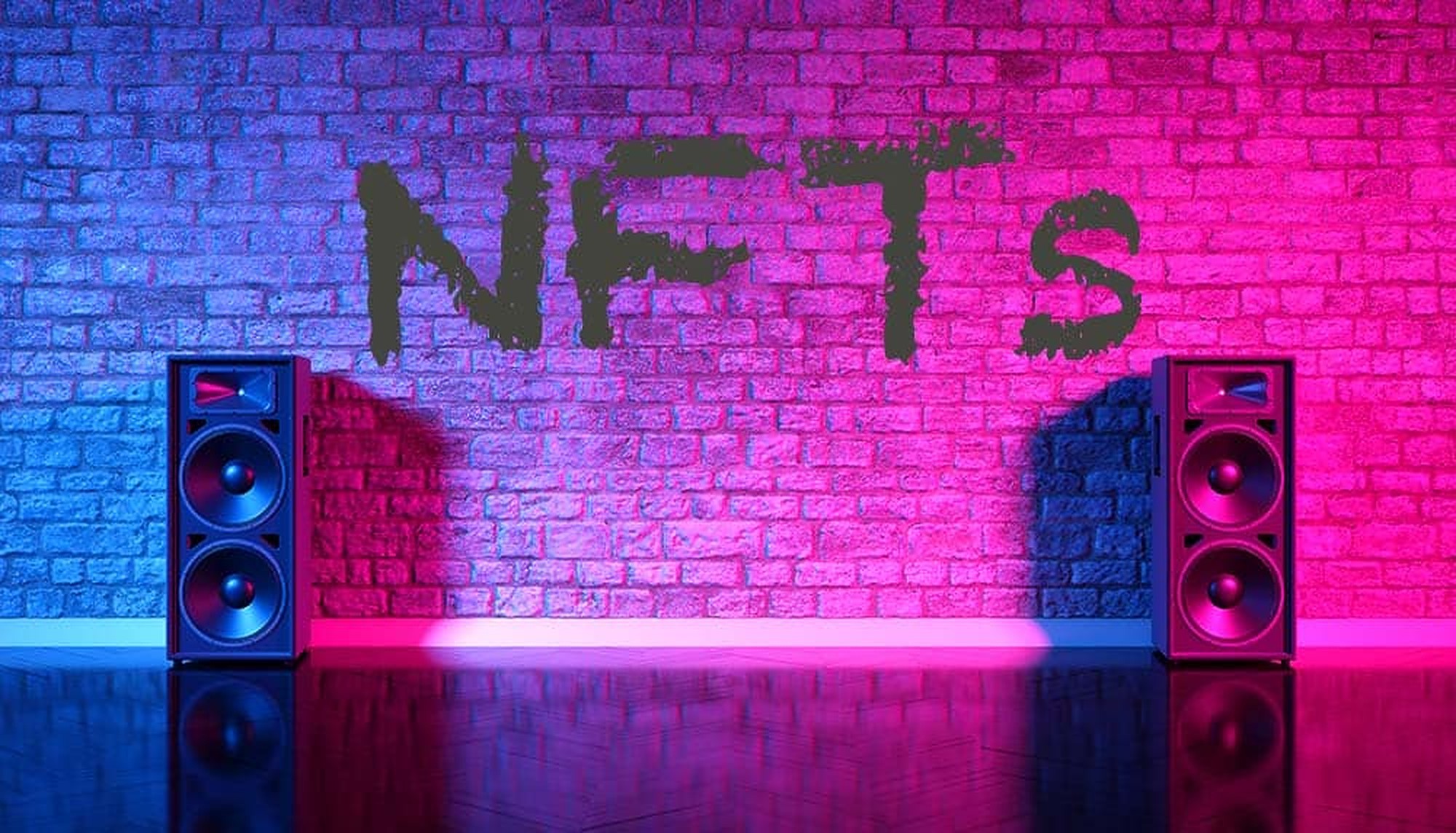The CEO and founder of Mintable, Zach Burks, has raised concerns about the United Kingdom’s approach to regulating nonfungible tokens (NFTs).
In a recent interview with Cointelegraph, Burks expressed his belief that a recent report from a U.K. parliamentary committee exaggerates the role of NFTs in copyright infringement and fails to recognize their broader potential beyond volatile digital images.
Burks highlighted the transition phase that NFTs are currently undergoing, shifting away from the speculative craze of profile picture NFTs (PFPs) towards more practical applications by brands across various domains.
He argued that NFT platforms should prioritize copyright protections and intellectual property rights for artists, much like Mintable’s own IP protection algorithm.
However, he emphasized that these issues are not unique to NFTs and are prevalent across the broader internet landscape.
He pointed out that established internet giants like Google have grappled with combating copyrighted material on platforms like YouTube, despite their vast resources.
Burks, who regularly communicates with U.K. government officials about NFTs, urged regulators to adopt a more nuanced perspective on NFTs and recognize their diverse applications beyond artwork and finance.
READ MORE: 3 Best Cloud Mining Platforms 2023 (Earn Money at Home)
In his view, NFTs represent a versatile technology that can be used for various purposes, including managing car records, property records, bank settlement documents, supply chain systems, and more.
He likened NFTs to websites, subject to the relevant laws based on their specific use cases.
Burks criticized the U.K. committee’s suggestion to implement the EU 17 copyright directive for NFTs, emphasizing that such a broad regulatory umbrella might not suit the multifaceted nature of NFT technology.
He cautioned against applying overarching regulatory frameworks that do not consider the unique characteristics of each NFT use case.
Instead, Burks advocated for an approach similar to Singapore, where regulators assess NFTs based on their specific functions and purposes. This approach allows for tailored regulation, treating NFTs as either securities or illicit goods depending on their actual use cases.
In conclusion, Burks urged the U.K. government to adopt a more flexible and case-specific approach to NFT regulation, acknowledging the technology’s potential beyond digital art and the importance of protecting intellectual property rights while avoiding overly broad regulations.
Discover the Crypto Intelligence Blockchain Council




